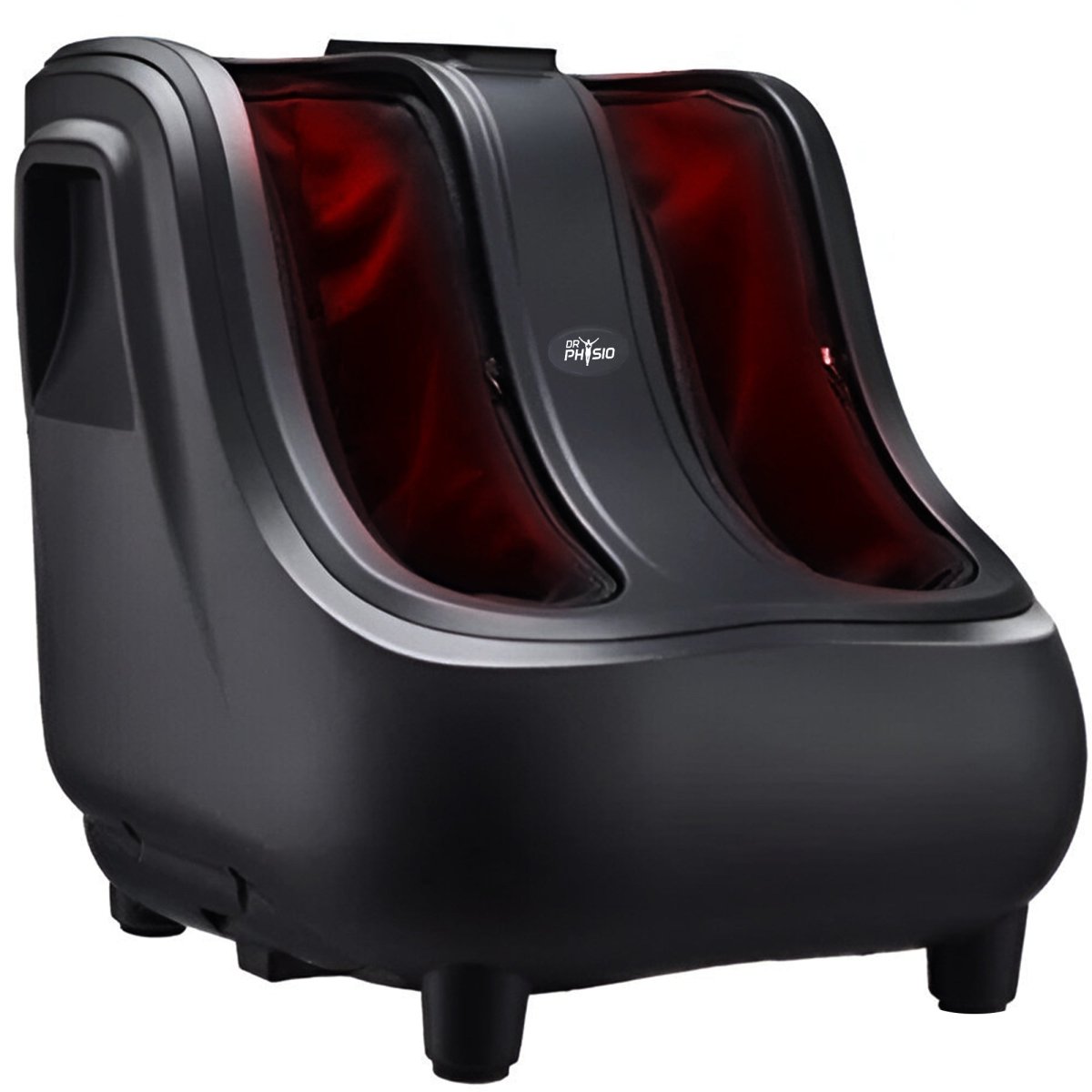The liver is directly or indirectly responsible for the healthy functioning of every organ system in the body. It is the storage location for fat-soluble vitamins, balances cholesterol, and also aids digestion.
The excess intake of unhealthy fats, sugars, and calories and lack of physical activity leads to the accumulation of fat in the liver which alters its normal functioning. This condition is termed Non-alcoholic fatty liver disease and the fat that accumulates on the liver weighs more than 5% of liver weight.
Non-alcoholic fatty liver is currently ranked as the second most common cause of liver transplantation and hepatocellular carcinoma.
Patients with this condition have a higher mortality rate from both liver and non-liver-related issues.
This disorder is commonly seen in diabetics and obese patients where the fat accumulated in the liver is not due to excess alcohol consumption, autoimmune, infectious, or other established liver diseases.
This fat is accumulated due to the increased transfer of free fatty acids to the liver, increased synthesis of fatty acids in the liver, decreased processing of fatty acids, or decreased synthesis of very-low-density lipoprotein (VLDL) which carries triglycerides, another type of fat, to your body tissues.
The factors that may contribute to the fatty liver include:
- Alcoholism
- Use of medications (tamoxifen, amiodarone, methotrexate)
- Metabolic abnormalities (homocystinuria, body’s disability to form proteins)
- Nutritional status (Severe malnutrition, overnutrition, or a starvation diet)
- Other health issues like Wilson disease and celiac disease
The major risk factors associated with non-alcoholic fatty liver include obesity, cardiovascular diseases, type 2 diabetes, and dyslipidemia.
Therapeutic approaches to correct non-alcoholic fatty liver focus on lifestyle and dietary modifications leading to weight reduction increase that eventually reduces liver fat, aminotransferase enzyme concentrations, and improved insulin sensitivity.
Fatty liver patients have higher energy intake from carb and protein sources and low energy intake from fiber and mineral sources. Besides, they consume higher saturated fat or unhealthy fat and a smaller amount of polyunsaturated fatty acid (PUFAs) or healthy fat, fiber, vitamin C, and vitamin E.
Here is the List of highly recommended foods for non-alcoholic fatty liver
1. Whole Grains
Whole grains consumption for 12 weeks can potentially reverse liver disorders and improve liver enzyme concentrations in patients with Non-alcoholic fatty liver patients.2
The popular whole grains recommended for fatty liver are; Barley, Brown rice, Buckwheat, Bulgur (cracked wheat), Millet, Oatmeal, Popcorn, and Whole-wheat bread
2. MUFA’s
The moderate consumption of Monounsaturated fatty acids (MUFAs) can significantly reduce your liver fat, triglycerides, and fat mass. MUFAs are generally found in olive oil, avocados, and nuts.
3. Omega-3 PUFAs
Omega-3 PUFAs are preferable to other forms of PUFAs. It is mostly found in seafood, certain vegetable oils (flaxseed oil), and, in some amount in eggs and meat.
Omega 3 dietary supplementation is also recommended to reduce liver fat and triglyceride levels.
4. Vegetable or plant protein
The protein from vegetarian sources can reduce the risk of non-fatty liver disease rather than protein from animal sources during the non-alcoholic fatty liver.
Whole grains, cereals, seeds, nuts, legumes, vegetables, soybeans, and peas are rich sources of plant protein, recommended for non-alcoholic fatty liver.
5. Prebiotic fiber
The prebiotic-dietary fiber found in garlic, asparagus, leek, chicory root, and onions, confers a benefit through the modification of the microbiota. It helps in body weight reduction, lower serum aminotransferases, and improves glycolipid metabolism in the body.
6. Probiotics
Patients with non-fatty liver disease have a disturbed microbiome in the gut that may promote the progression of non-alcoholic fatty liver.
Bifidobacterium and Lactobacillus are the two popular strains exhibiting probiotic properties and are naturally found in yogurt, kefir (fermented milk drink), buttermilk, fermented foods, sourdough bread, and some kinds of vinegar.
7. Coffee
Coffee has antioxidant, anti-inflammatory, and anti-fibrotic properties which are associated with significantly lower odds of fatty liver. Individuals who consumed 3 or more cups a day are less likely to reduce the risk of developing non-alcoholic fatty liver by 44%.4
8. Taurine
Taurine, an amino acid found in seafood, poultry, and beef is responsible for the healthy functioning of the heart, liver, retina, and brain. Its regular consumption can reduce the risk of both non-alcoholic and alcoholic liver damage.5
9. Choline
Choline is an essential nutrient found in egg yolks, beans, nuts, seeds, broccoli, cauliflower, fish, and poultry that helps your liver and brain function correctly. Incorporating choline in your diet can also help reduce your risk of non-alcoholic fatty liver disease.
Here is the List of highly discouraged foods for non-fatty liver
1. Refined sugar
The consumption of refined sugar products including soft drinks and fruit juices is not only related to the liver but skeletal and visceral fat deposition also. Therefore, its consumption is discouraged in non-alcoholic fatty liver.
2. Saturated and Trans fats
The dietary intake of both saturated and trans fats is highly discouraged if you have non-alcoholic fatty liver. These are found in animal products (red meat, cream, butter, and whole milk dairy products), some vegetable products (coconut oil, palm oil, and palm kernel oil), and prepared foods (desserts and sausages).
3. Animal protein (red and processed meat)
High sodium content and the presence of preservatives, additives, food flavor enhancers, and saturated and trans-fats in processed meat is an independent risk factors for non-alcoholic fatty liver disease.
How long does non-alcoholic fatty liver take to recover?
You can experience a reduction in the fatty liver even with a 1% weight loss. However, a reduction in 3% -5 % weight loss is a helpful strategy to recover from non-alcoholic fatty liver.
Besides 1 -2 pounds of weight loss per week is recommended as the sudden drop in weight can worsen the liver condition. A well-balanced sustainable diet with physical activities can help you eliminate non-alcoholic fatty liver.
Glutathione supplementation for non-alcoholic fatty liver disease
Alanine transaminase (ALT) is an enzyme secreted by the liver. An ALT blood test is often included in a liver panel to help assess your liver health with a referral range of 7 to 56 units per liter. High levels of ALT in your blood may indicate that you have the fatty-liver disease. ALT levels are reported to reduce following treatment with glutathione for 4 months.
Glutathione is a tripeptide containing 3 amino acids that are present in every cell of our body. Glutathione plays a crucial role in the detoxification and antioxidant systems in cells. Its supplementation is known to treat patients with chronic liver diseases.3It can reduce triglyceride and fatty acid levels in the liver significantly.
Food rich in glutathione includes Spinach, avocados, asparagus, and lady finger. Sulfur-rich foods including garlic, shallots, and onions, can also boost your glutathione levels. However, dietary glutathione is poorly absorbed by our bodies. Therefore, including glutathione supplementation can reduce free fatty acids in the liver.
Trending Diets to cure non-alcoholic fatty liver
1. Mediterranean diet
The Mediterranean diet encourages a high consumption of plant-based foods including whole grains, cereals, seeds, nuts, legumes, vegetables, and fruits, moderate consumption of protein-source foods such as fish, seafood, and poultry, low to moderate red wine consumption, low consumption of meat, milk and dairy products followed by a physical regimen.
The Mediterranean diet predominantly recommends MUFAs from olive oil, a greater ratio of omega-3/omega-6 PUFAs, polyphenols, carotenoids, and high-fiber foods which are preventive and therapeutic foods for non-alcoholic fatty liver.
2. DASH diet
The Dietary Approach to Stop Hypertension or DASH diet is very similar to the Mediterranean diet and suggests a low intake of sodium, saturated fat, cholesterol, and added sugars.
Although the DASH diet was primarily recommended for hypertension, it has recently shown beneficial effects on non-alcoholic fatty liver.
3. Low Carb diet
Low carb diet is also a popular diet to reduce BMI, fat mass, body weight, blood pressure, triglyceride, LDL, total cholesterol levels, and liver enzymes that cause fatty liver.
Takeaway
The excess intake of unhealthy fats, sugars, and calories and lack of physical activity leads to the accumulation of fat in the liver which alters its normal functioning.
Lifestyle modifications such as adopting a healthy diet and a physical regimen can positively reduce and prevent the risk of non-alcoholic fatty liver.
In particular, it is most important to eliminate the foods that promote non-alcoholic fatty liver, for example, refined sugar, saturated fatty acids, refined carbs with a high glycemic index, and foods with high sodium content.
Overall, a well-balanced diet and loss of excess weight are two important interventions to get rid of non-alcoholic fatty liver.
Get a well-balanced diet plan to manage your weight and recover from non-alcoholic fatty liver.













1 comment
Mrs Jackson
Thank you so very much, i’m trying so hard to reduce my weight in other for the fatty liver to normalize and check my diet too
Thank you so very much, i’m trying so hard to reduce my weight in other for the fatty liver to normalize and check my diet too